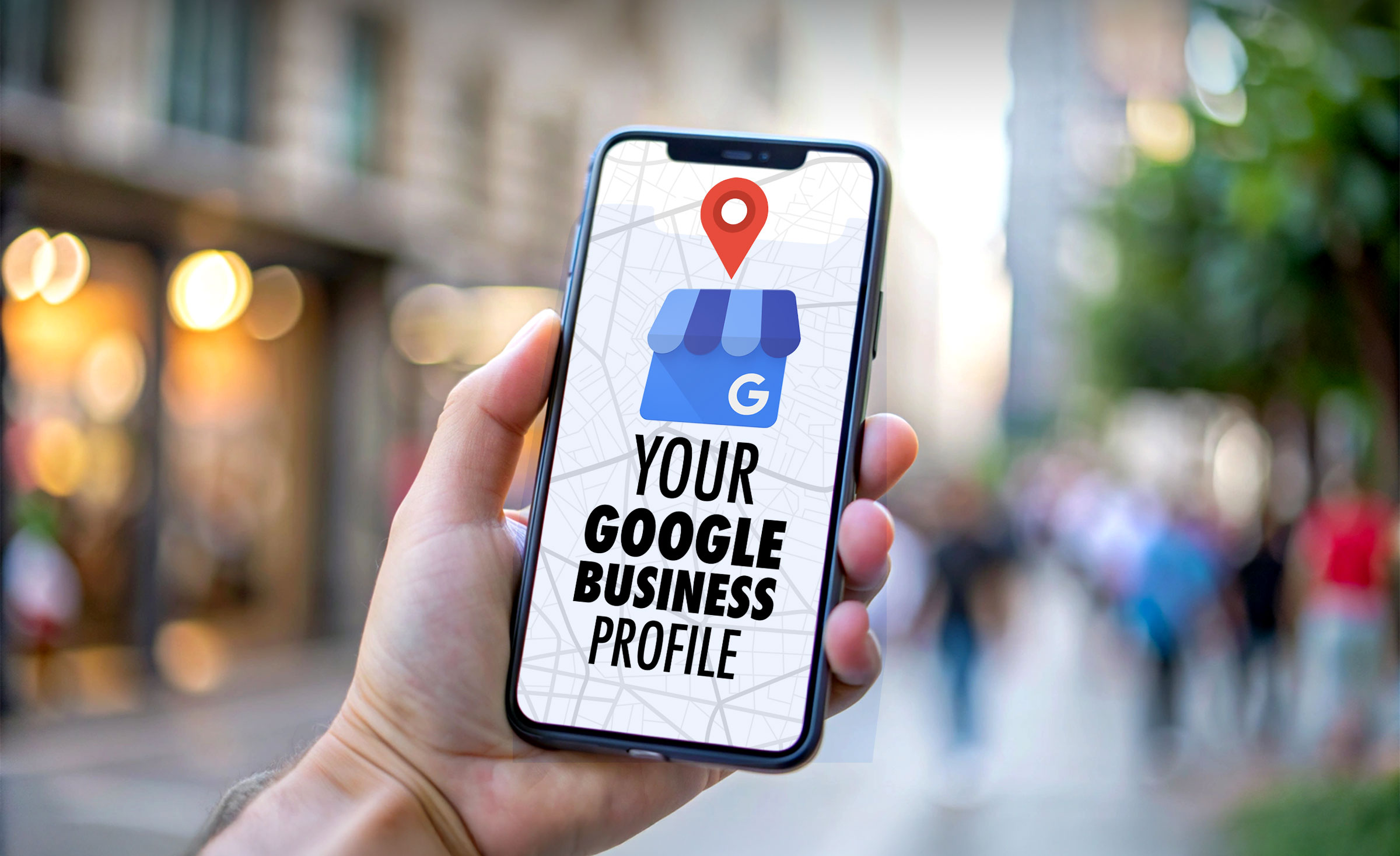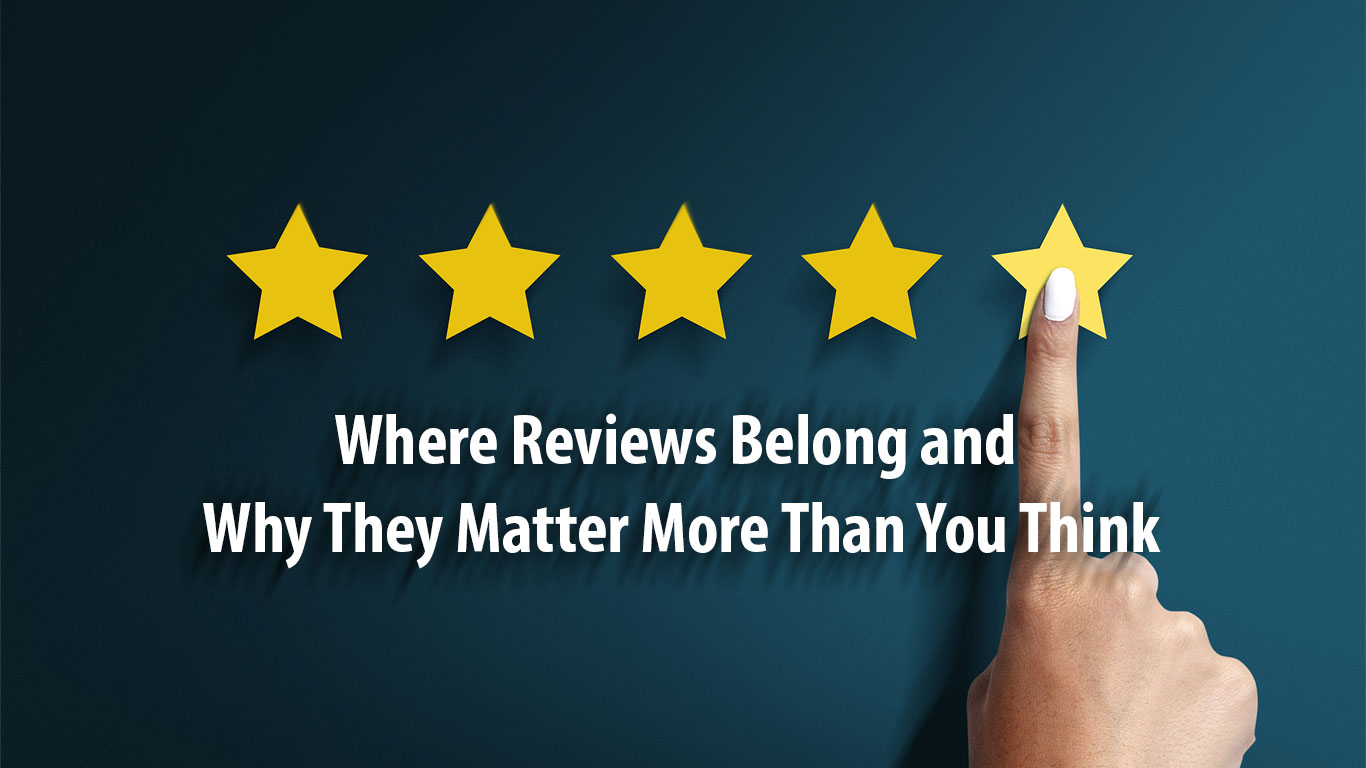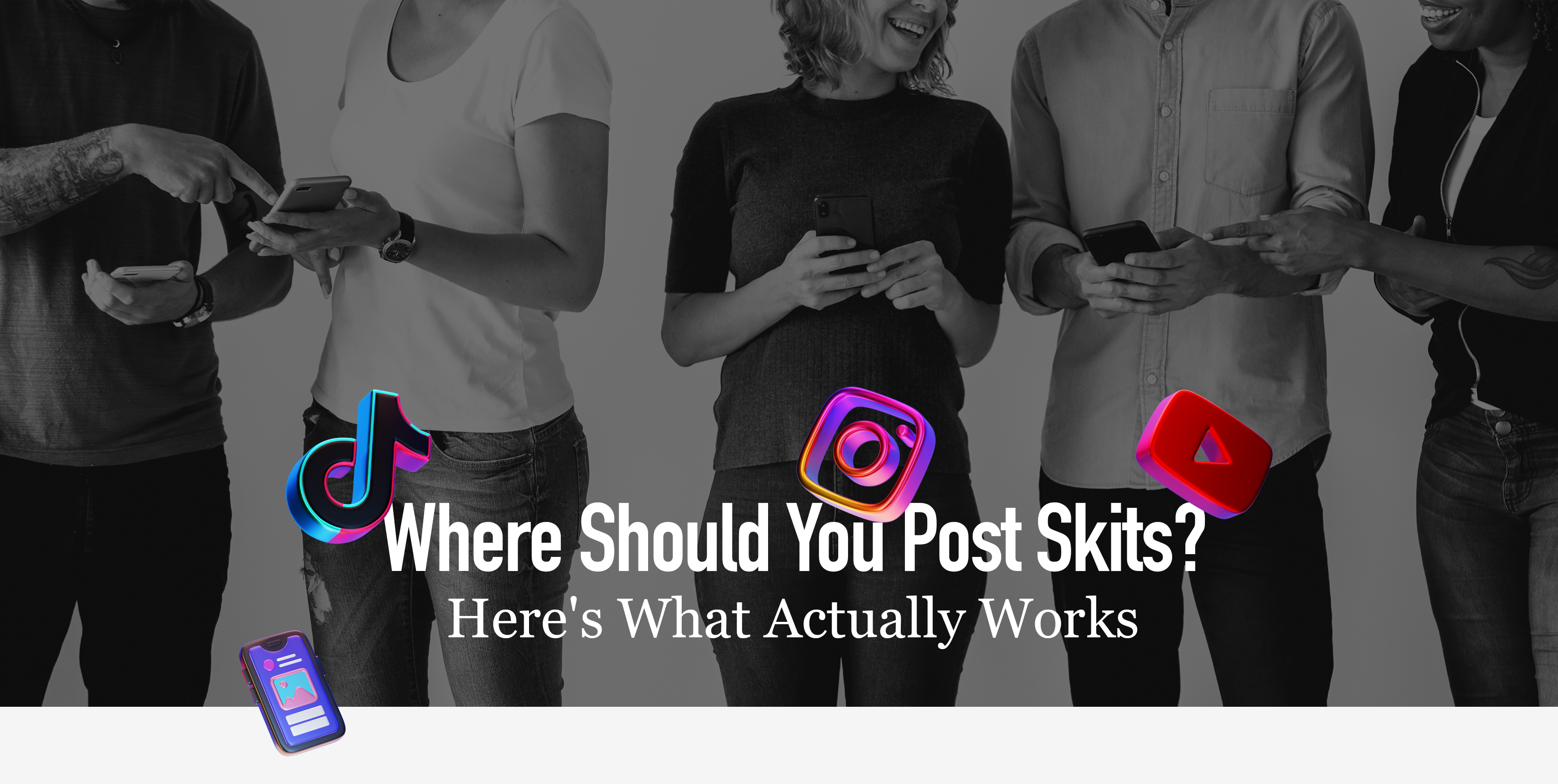In an era where mental health awareness is on the rise, we often encounter a barrage of advertisements proclaiming support and understanding for those struggling with mental health issues. From glossy magazine spreads to captivating television commercials, these campaigns seem to be genuinely concerned about our well-being. However, beneath the surface lies a paradox: mental health ads can sometimes perpetuate harmful stereotypes, prioritizing image over true impact. In this article, we will explore the shortcomings of mental health advertisements, their potential harm, and the need for genuine action in supporting mental health.
The Facade of Empathy:
It's no secret that advertising aims to sell products or promote brands. Mental health advertisements are no exception, often serving as tools to build the image of companies as socially conscious and empathetic. But does this translate into tangible support? While the intention may be noble, the execution can often be hollow, focusing more on playing a role rather than creating a real impact. Ads may feature celebrities, picturesque settings, and carefully crafted narratives, all designed to evoke emotions. Yet, this glamorous portrayal can inadvertently contribute to the stigmatization of mental health by oversimplifying complex issues. An article from Slate put it bluntly, “Instead, ads like this are purpose-washing: They tap into real emotion but do little to effect real change—all while filling corporate coffers.”

Stereotypes and Oversimplification:
One of the key concerns surrounding mental health ads is the perpetuation of stereotypes. Often, these campaigns depict individuals facing mental health challenges as either entirely broken or conveniently "fixed" with the product being promoted. Such oversimplification does a disservice to the reality of mental health struggles, which are nuanced and multifaceted. By presenting a one-dimensional narrative, these advertisements can create unrealistic expectations and undermine the severity and complexity of mental health conditions. Online therapy company BetterHelp blanketed social media with just these types of ads. They are now being investigated by the FTC for breaking privacy promises and sharing the personal health information of over 7 million consumers with platforms like Facebook, Snapchat, Criteo, and Pinterest for the purpose of advertising.
Commercialization of Vulnerability:
When mental health issues are commodified, there is a risk of exploiting vulnerability for profit. Advertisements may leverage emotional triggers to evoke empathy, sometimes bordering on manipulation. The goal becomes selling a product rather than addressing the underlying issues effectively. These ads can inadvertently minimize the importance of seeking professional help, leading individuals to rely on quick fixes or consumer-driven solutions instead of evidence-based treatment options.

The Missing Link: Substance and Support:
Beyond the glitz and glamour, mental health ads often fail to provide meaningful resources or practical solutions for those in need. While they may raise awareness, they frequently lack concrete actions to foster long-term change. Dove did this recently in an ad highlighting eating disorders, promoting an online petition about social media safety legislation. Effective mental health support requires more than just catchy slogans or inspirational visuals. It necessitates accessible and affordable mental healthcare services, destigmatization efforts, and community-driven initiatives that prioritize inclusivity and understanding. While good intentioned, the Dove ad and petition will do little to actually address eating disorder prevention and healing.
The Call for Authenticity and Responsibility:
As consumers, it is crucial to be critical of mental health ads and demand more than surface-level empathy. Companies must prioritize authenticity and take responsibility for the messages they convey. Rather than relying solely on advertising, they should actively participate in efforts to promote mental health education, destigmatization, and improved access to mental healthcare services. Rare Beauty, Selina Gomez’ cosmetics brand, does this well. They and are also committed to raising $100m in the next 10 years to increase access to mental health services in educational settings. They donate 1% of all sales and raise additional funds with philanthropic foundations, corporate partners, and individuals. By aligning actions with their proclaimed values, companies like Rare Beauty can create genuine impact and foster positive change.
While mental health advertisements may seem well-intentioned, their potential harm lies in perpetuating stereotypes, oversimplifying complex issues, and commercializing vulnerability. To truly make a difference, we must demand more from these campaigns. We need a shift towards authenticity, substance, and tangible support. By holding companies accountable for their messaging and encouraging genuine action, we can pave the way for a society that not only talks about mental health but also acts upon it. Let us challenge the role-playing nature of mental health ads and work towards creating a world where mental health support is truly accessible, inclusive, and transformative.
.png)




































.svg)





.svg)